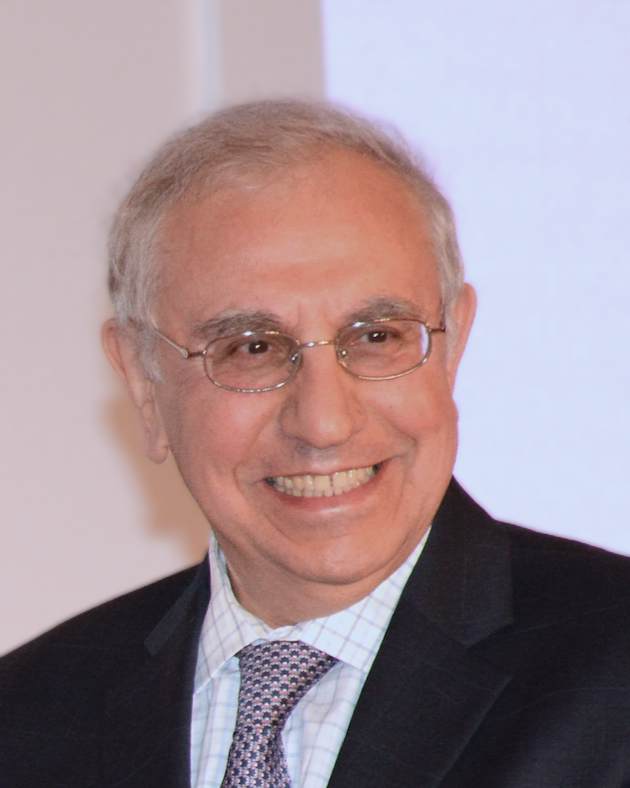Election Year: 2025
Class: Biomedical and Neural Sciences
Biosketch
Dr. M. Amin Arnaout is a pioneering Lebanese physician-scientist and nephrologist whose discoveries have fundamentally shaped the fields of immunology, structural biology, and nephrology. He is Professor of Medicine at Harvard Medical School, and Director of the Leukocyte Biology and Inflammation Laboratory and the Structural Biology Program at Massachusetts General Hospital (MGH), where he previously served as Chief of the Division of Nephrology for 15 years.
Dr. Arnaout is internationally recognized for his seminal work on the discovery, biology and structure of integrins—key cell surface receptors governing cell adhesion, migration, and immune signaling. His research has revealed fundamental mechanisms underlying inflammation, thrombosis, cancer metastasis, autoimmune disease, and tissue development, and has enabled the design of novel therapeutics targeting integrin pathways.
In parallel, Dr. Arnaout made landmark contributions to kidney and vascular disease. He was the first to identify the autoantibody in C3 glomerulopathy and the autoantigen in ANCA-associated vasculitis, and helped define the molecular basis of autosomal dominant polycystic kidney disease by characterizing polycystin-1 and -2. These insights laid the foundation for new diagnostic tools and therapeutic approaches.
Dr. Arnaout earned his medical degree with distinction from the American University of Beirut and completed his clinical and research training at Johns Hopkins, Boston Children’s Hospital, and Brigham and Women’s Hospital. His work has been continuously funded by the NIH since 1982 and widely published in Science, Cell, Nature, and The New England Journal of Medicine. He is the recipient of numerous honors, including the Homer W. Smith Award from the American Society of Nephrology and the Kuwait Prize in Applied Medical Sciences. He is an elected member of the American Society for Clinical Investigation (ASCI), the Association of American Physicians (AAP), and the U.S. National Academy of Sciences.

